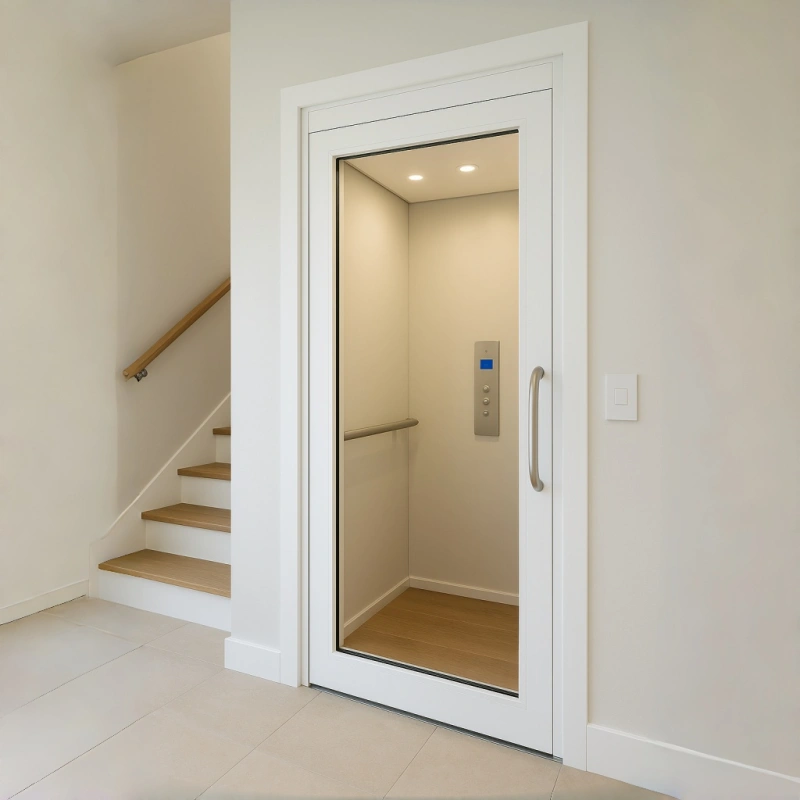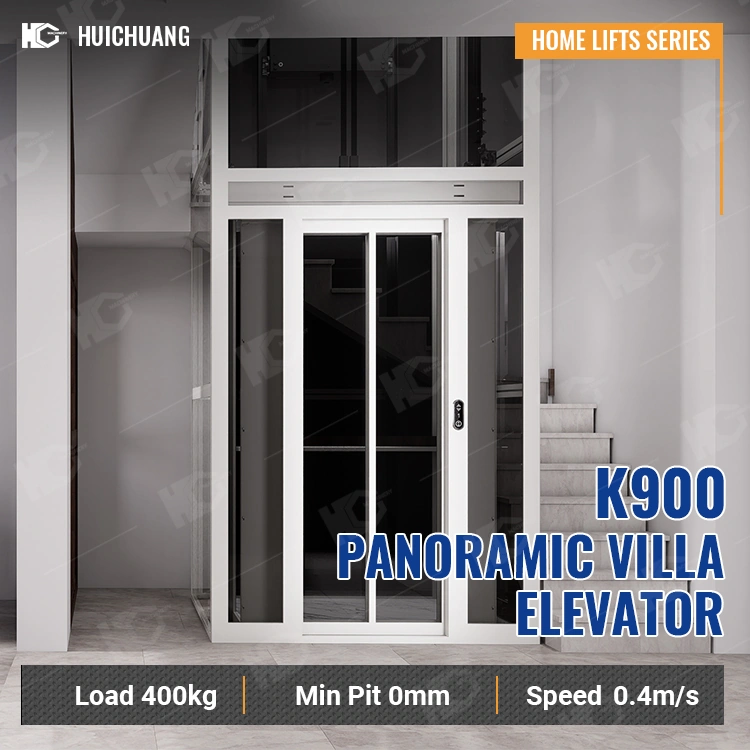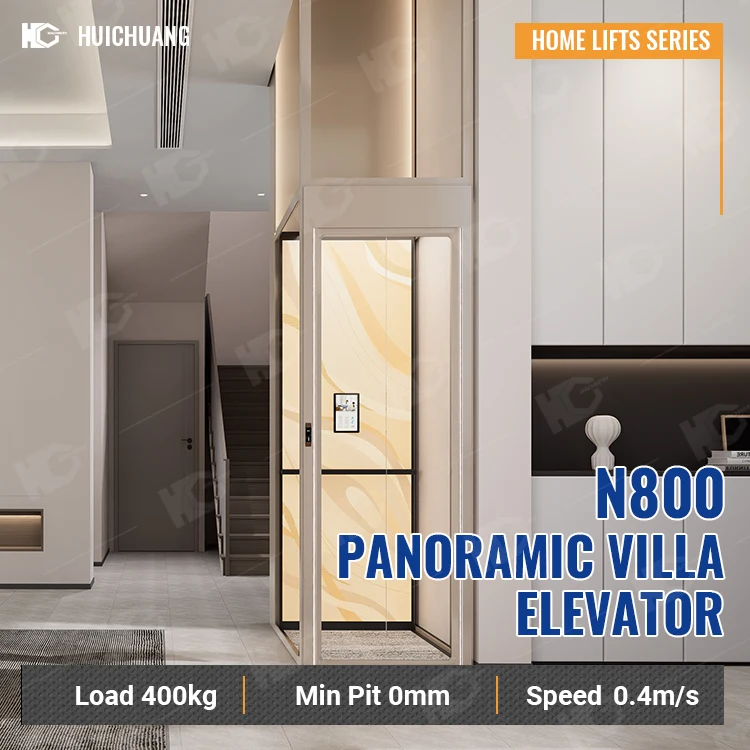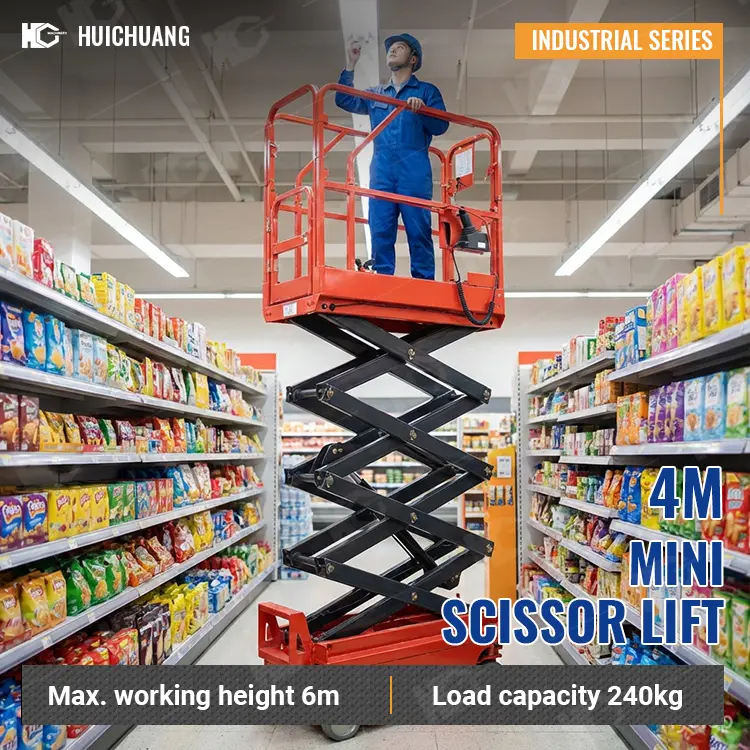If you’re thinking about installing an elevator in your home, office, or commercial building in Nigeria, you’re probably asking the big question: how much does an elevator cost in Nigeria? Well, let’s break it down clearly—no fluff, no jargon, just straight talk about prices, options, and what affects the cost.
Why Elevators Are Becoming Popular in Nigeria
Over the past few years, home and commercial elevators have become much more common in Nigeria. From Lagos to Abuja, more homeowners and developers are installing lifts to improve accessibility, comfort, and property value. Whether it’s a small home lift, a passenger elevator, or a cargo lift, demand has grown as technology becomes more affordable and power-efficient.
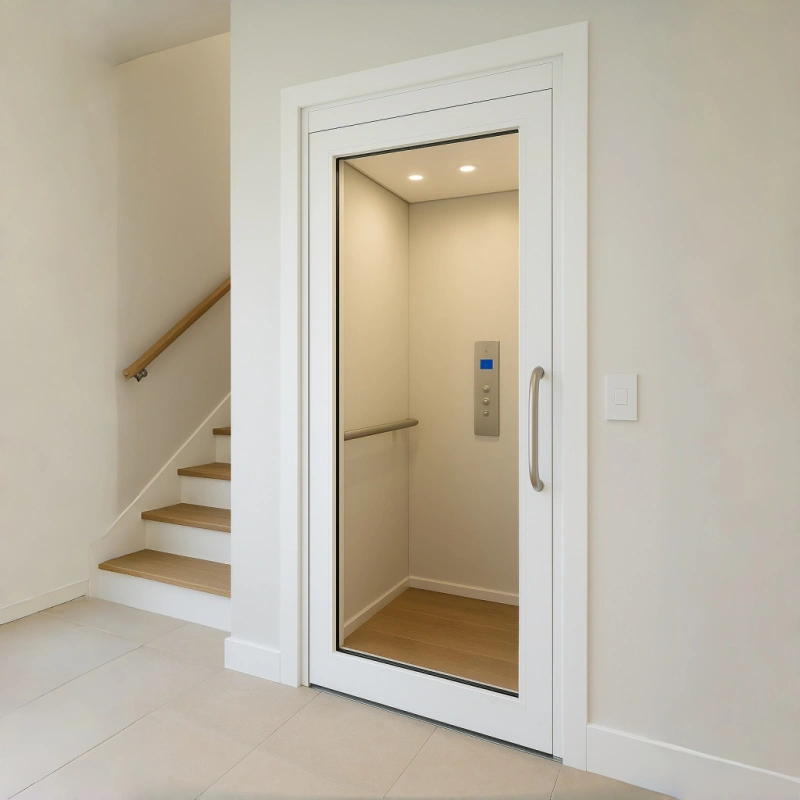
Small home elevators are available in 2-person and 4-person configurations. You can browse our previous articles to learn more.
4 person elevator | 4 person lift size and home lift price This is a home elevator that can carry four people.This is a small home elevator that can carry two people. Although these small home elevators are small, they have excellent safety features.
2 person small capsule lift for home price in india.
Average Elevator Prices in Nigeria (2025 Update)
Elevator prices vary depending on type, size, capacity, and brand. Below is a general price guide based on recent market data.
| Type of Elevator | Price (USD) | Price (₦NGN) | Typical Use |
|---|---|---|---|
| Small Home Elevator (2–3 floors) | $9,000 – $15,000 | ₦13,500,000 – ₦22,500,000 | Private houses, duplexes |
| Passenger Elevator (4–6 floors) | $18,000 – $30,000 | ₦27,000,000 – ₦45,000,000 | Hotels, offices, hospitals |
| Hydraulic Elevator | $20,000 – $35,000 | ₦30,000,000 – ₦52,500,000 | Villas, low-rise buildings |
| Machine Room-Less (MRL) Elevator | $25,000 – $40,000 | ₦37,500,000 – ₦60,000,000 | Apartments, malls |
| Cargo / Freight Elevator | $30,000 – $50,000 | ₦45,000,000 – ₦75,000,000 | Warehouses, factories |
| Panoramic / Glass home Elevator | $35,000 – $60,000 | ₦52,500,000 – ₦90,000,000 | Shopping centers, hotels |
(Exchange rate used: $1 ≈ ₦1,500, but note that this can change daily.) You can also read our articles:
How Much Does an Elevator Cost for a 2, 3, 4, 5, and 6-Story Building? Get more information on pricing for small home elevators.
Factors That Affect Elevator Prices in Nigeria
Type of Elevator – Home lifts are cheaper than commercial-grade elevators. Panoramic glass lifts and machine-room-less (MRL) models cost more due to design and technology.
Number of Floors – The more floors you have, the more materials, rails, and stops are required. A 2-floor system might cost half of a 5-floor one.
Capacity and Speed – A standard 4-person elevator costs less than one built for 10 passengers or heavy cargo.
Brand and Origin – Imported European or Japanese brands are generally pricier than Chinese or locally assembled models.
Installation and Maintenance – Labor and after-sales service add another 10–20% to the total cost. Always confirm if installation is included in your quote.
Customization – Want a glass cabin, stainless steel finish, or smart control panel? Expect to pay extra for those luxury touches.
Cost Breakdown Example: 3-Floor Home Elevator
Let’s say you’re building a modern duplex in Lagos or Abuja and want a Shaftless home elevator 3 floors.
Estimated Cost (Turnkey):
Elevator unit: $12,000 (₦18,000,000)
Installation & logistics: $2,000 (₦3,000,000)
Civil works (shaft, doors, wiring): $1,500 (₦2,250,000)
Total: $15,500 (₦23,250,000)
That’s a good ballpark number for a mid-range home lift with a standard cabin design and basic finishes.
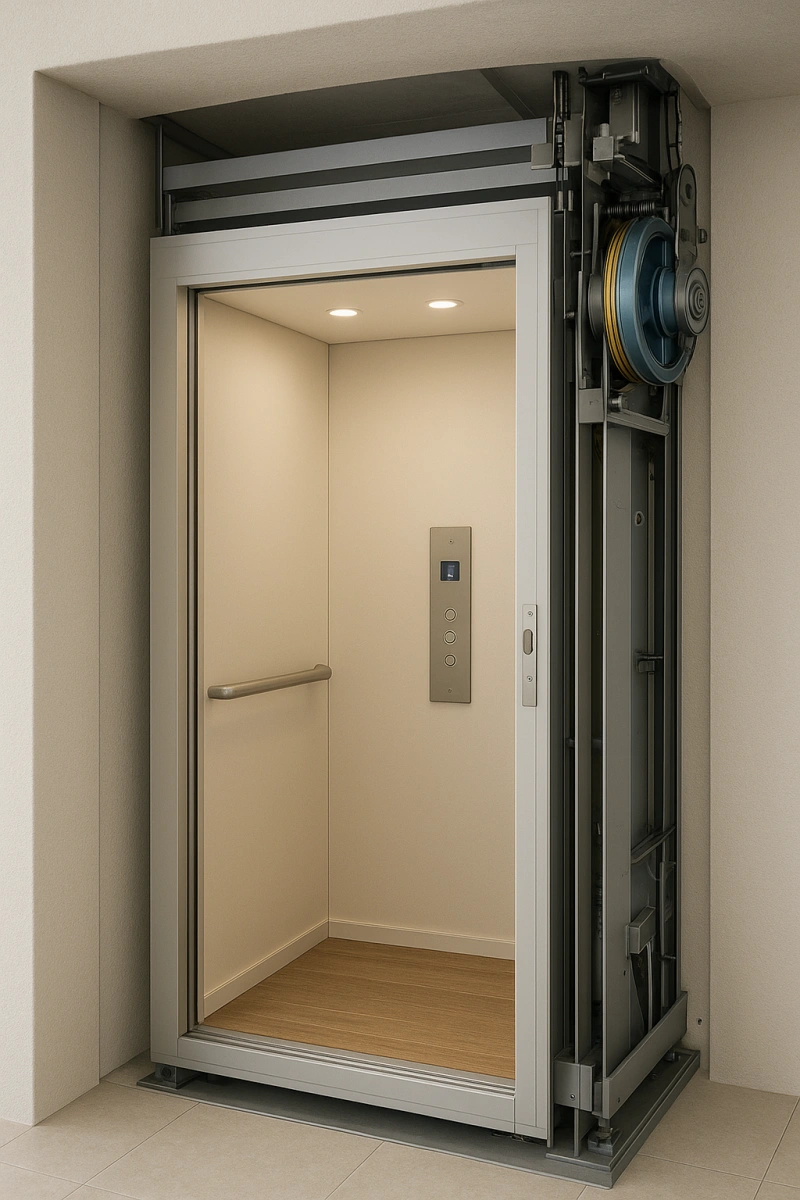
Electricity & Maintenance in Nigeria
Power supply is always part of the conversation. Most elevators in Nigeria today are designed to handle power fluctuations and can run on inverters or backup generators.
Maintenance costs depend on usage and brand, but typically range from ₦200,000 to ₦500,000 per year ($130–$330) for residential elevators. Commercial elevators cost more to maintain because of heavier use.
Local vs Imported Elevators
Local Assembled Elevators: More affordable, easier to maintain, and parts are available faster.
Imported Elevators: Better build quality, smoother ride, and longer lifespan—but higher upfront costs.
In Nigeria, many projects combine both: imported components assembled locally for a balance of quality and cost.
Tips for Buying an Elevator in Nigeria
Work with a reputable supplier. Always check references, certifications, and previous projects.
Ask about warranty. A good manufacturer should offer at least a 1-year warranty on parts and service.
Get a site inspection. A technician can help determine the best type and size of elevator for your building.
Plan your shaft early. If your building is still under construction, design the lift shaft at the planning stage—it saves time and money later.
Final Thoughts
So, how much does an elevator cost in Nigeria?
Anywhere from $9,000 (₦13.5 million) for a simple 2-floor home lift, up to $60,000 (₦90 million) for a panoramic glass elevator in a luxury building.
While the price may sound steep, an elevator isn’t just a convenience—it’s an investment in comfort, accessibility, and property value.
If you’re planning a new home or upgrading an existing building, now’s a great time to explore your options. With the right supplier, your elevator can be stylish, reliable, and surprisingly energy-efficient.
